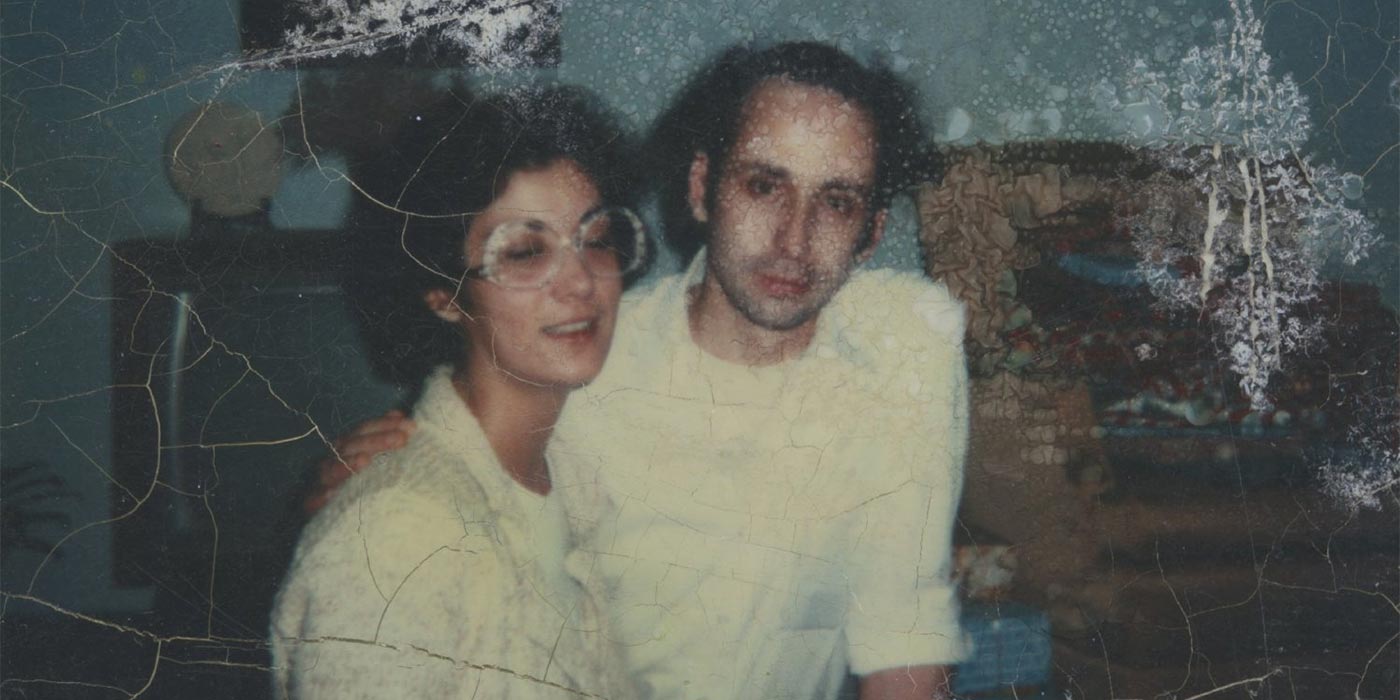If you’re an attentive Sufjan Stevens fan, you probably remember the first time you heard “Casimir Pulaski Day.” And if you’re anything like me, it probably tore your heart out. Made you cry. Made you listen. Over and over again. Carrie & Lowell, his new album, is this same sensation carried through 11 songs. And it’s painfully cathartic, painfully beautiful.
The album was inspired in large by Stevens’ mother, who passed away in 2012. According to Pitchfork, the songs take us through the neglect that he suffered as a child, abandoned by his schizophrenic mother.
Every song is shockingly painful, with the listener forced to feel a fraction of Stevens’ tragedy or at least the magnitude of his pain. “Fourth of July” recollects distant and fleeting childhood memories, snippets of melancholy youth cast over solemn piano chords. Fading synthetic notes rain through every line, drawing us into an abstract narrative that soon becomes hauntingly personal:
“The hospital asked should the body be cast
Before I say goodbye, my star in the sky.
Such a funny thought, to wrap you up in cloth
Do you find it alright, my dragonfly”
The song acts as a dialogue between Stevens and his mother before her death. In a recent interview, he recounts: “It was so terrifying to encounter death and have to reconcile that, and express love, for someone so unfamiliar.”
“The Only Thing” is an incredibly honest testament to love and loss. Every line is a complete surrender, a message in coping and dealing with the oppressive desire to self-destruct. As Stevens shares every painful revelation (“the only thing that keeps me from driving this car / half-light, jack knife into the canyon at night,” “the only reason why I continue at all”), we are at the whim of his words, looking for answers to our own “only reasons,” our own aches and pains.
Comparable to The Antlers’ Hospice, Carrie is a tragic memoir, an ongoing narrative that’s hard to shake. The smooth electronic echoes and emblematic guitar picking take a backseat to this story, which traces a world of memories, broken pieces of a life that we can only imagine. By understanding the intimacy these pieces represent, we take our own steps to reach the hurt we’re all trying so hard to hide. This is what perhaps is so strikingly beautiful about Carrie; Stevens spills his deep-rooted pain for the world to see.
“Should Have Known Better” takes us through all the “should have”s of grief. But surprisingly it’s the closest the album comes to pop, the bridge sprawled with energetic, skipping beats. The ups and downs of grief. “John Beloved” is television static overridden with thoughts of the end.
Carrie gives us grief in its many forms, without the usual hackneyed stabs at the five stages and without the unrealistic wrap-up of just moving on. Littered with religious symbolism and poetic songwriting, what Stevens gives us is an untarnished and honest view of his own experience, and his own pain.

